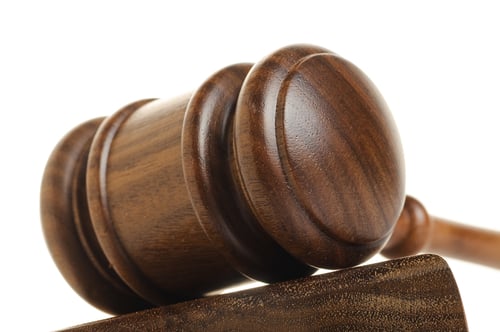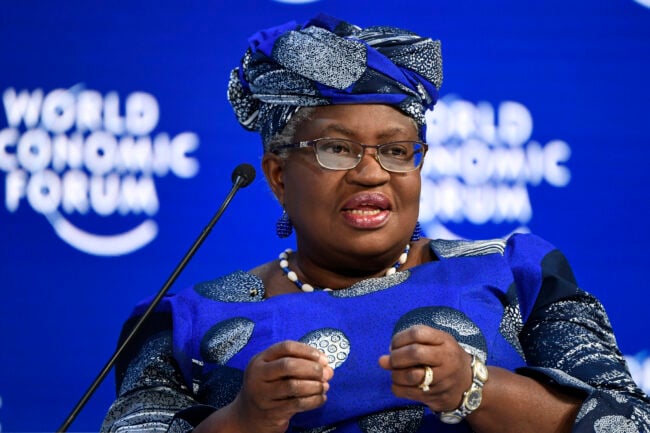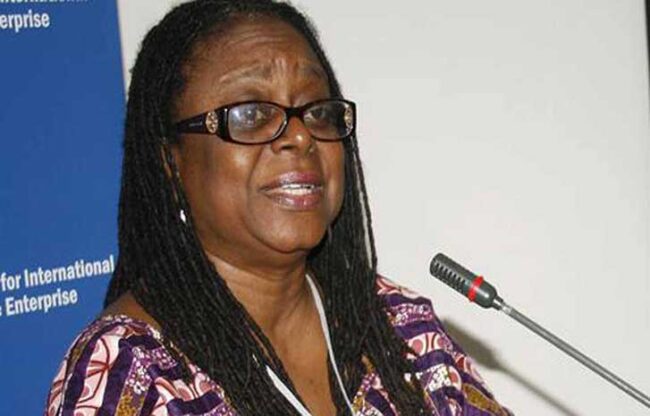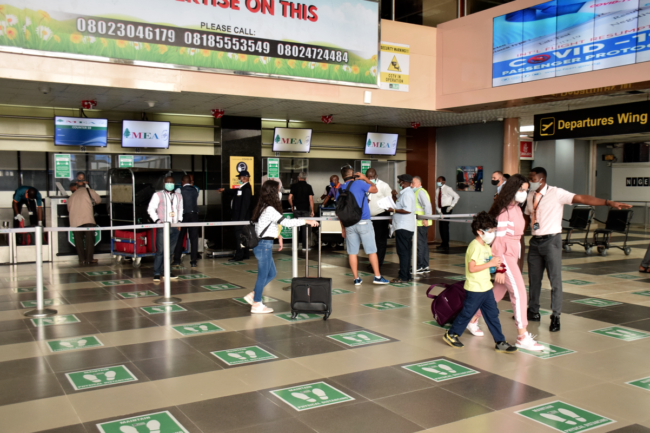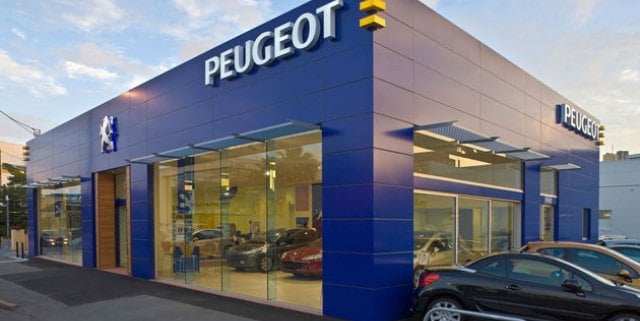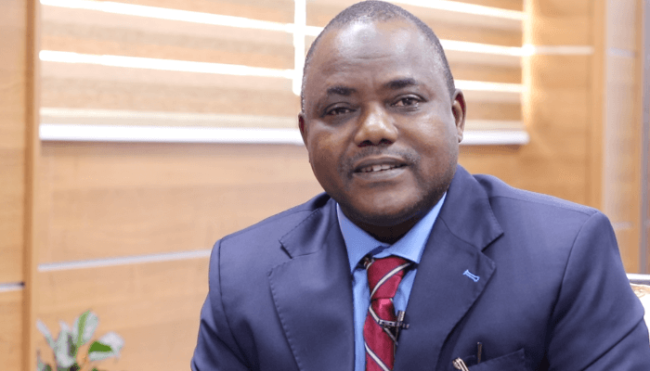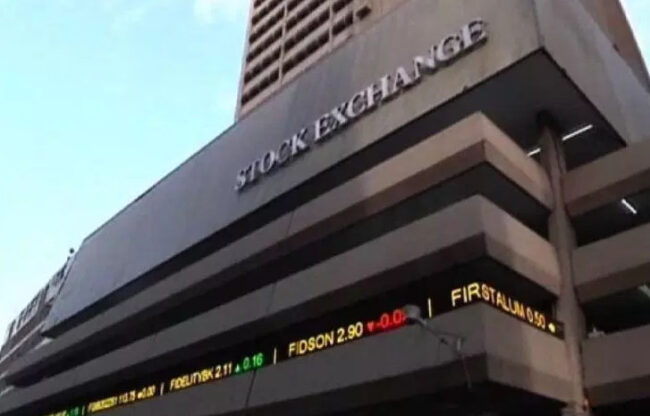A gavel. File photo
The supreme court is set to hear a case involving the Central Bank of Nigeria (CBN), Union Bank of Nigeria (UBN) and Petro Union Oil & Gas Company Limited over an alleged £2.556 billion attempted fraud.
The case has been compared to the P&ID affair in which the Irish company was awarded $6.6 billion as damages, as well as pre- and post-judgment interest at 7 percent, over alleged breach of contract.
P&ID did not execute any job because the entire contract was based on fraud and corruption, according to the Nigerian government.
The Petro Union case dates back to 1994 when the oil company allegedly drew a cheque against an account in Barclays Bank, United Kindom, with a value of £2.556 billion and presented it for clearing at one of the branches of the Union Bank in Lagos.
Advertisement
The oil company had claimed that the money was meant for the construction of three petrochemical refinery complexes and the establishment of a bank in Nigeria.
But enquiries made by Union Bank at Barclays Bank showed that the account against which the cheque was drawn was closed on 21st September 1989, five years before the cheque was presented in Lagos for clearing.
Petro Union, through its managing director, Isaac Okpala, demanded that the cheque be returned to them.
Advertisement
When their demands were not met, the company petitioned the Economic and Financial Crimes Commission (EFCC) in Lagos accusing CBN and Union Bank of offences bordering on stealing and criminal conversion.
Following the petition, the EFCC, through a letter dated January 12, 2005, requested information from the CBN.
On January 27, 2005, CBN responded, denying the allegations of Petro Union.
The anti-graft commission also carried out an independent investigation wherein it reached out to Barclays Bank in the UK.
Advertisement
Upon conclusion of its investigation, the EFCC issued a letter dated May 10, 2005, addressed to the managing director of Union Bank exonerating the bank from all allegations.
Aggrieved, Petro Union instituted a suit marked FHC/ABJ/M/104/2012 before a federal high court in Abuja on February 2012.
The CBN, Union Bank, minister of finance and the attorney-general of the federation are the defendants in the suit.
Petro Union alleged that Union Bank having received the sum of £2,556,000,000.00 on behalf of the oil company, transferred the £2,159,221,318.54 to the CBN and retained the £396,778,681.46 as commission.
Advertisement
In support of its case, Petro Union tendered statement of account of a company called Goldmatic Limited, in which the money is allegedly kept at the central bank.
In February 2014, Abdul Kafarati, the trial judge, delivered judgment in favour of Petro Union.
Advertisement
Kafarati, who criticised CBN and Union Bank for not returning the funds, said: “It is worrisome because it will certainly discourage foreign investors.”
“The EFCC should have gone further than they had done so that those found to be involved should be prosecuted,” the judge added.
Advertisement
He ordered the banks to the pay £2.556 billion and an interest of 15% per annum from 22nd June 1995 until payment is made to the oil firm.
This means as of June 2020, the total sum stood at £12,141 billion.
Advertisement
The court of appeal also upheld the judgment of the trial court.
CBN and Union bank have since filed an appeal before the apex court and hearing is scheduled to come up on Tuesday.
Petro Union is being accused of obtaining the two judgments based on facts which were not only predicated on falsehood, but which have criminal implications.
Meanwhile, four directors of Petrol Union are standing trial before the Lagos division of the federal high court for alleged fraud.
The EFCC alleged that Abayomi Kukoyi, Kingsley Okpala, Chidi Okpalaeze and Emmanuel Okpalaeze, the defendants, fraudulently procured the £2.556 billion the Barclays Bank cheque that was given to the Union Bank.
According to the EFCC, the alleged offences contravene the provisions of Sections 1(2), 1(2)(a) of the Miscellaneous Offences Act of 1990 and Sections 467(2)(I), 468 and 501 of the Criminal Code Act of 2004.
Add a comment
